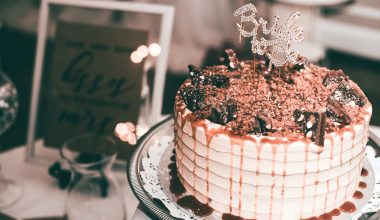Guyana, a true Caribbean pearl just north of Brazil, is a cultural melting pot of African, European, South Asian, and indigenous South American influences.
Indeed, Guyana has an abundance of unique and vibrant wedding traditions, such as the Kwe-Kwe and the Maticore, with plenty of magical things to expect, from treasured Guyanese marriage customs and rites, to vibrant Guyanese food, fashion, music, and dancing for wedding festivities!
Guyana— a humble English-speaking nation-state with one of the lowest population densities in the world— will quickly astonish anyone with its tremendous wealth of wedding traditions and romantic practices. Indeed, it is in these traditions that one can truly appreciate the beauty of Guyana’s diverse cultural mosaic.
12 Fascinating Guyanese Wedding Traditions and Things to Expect
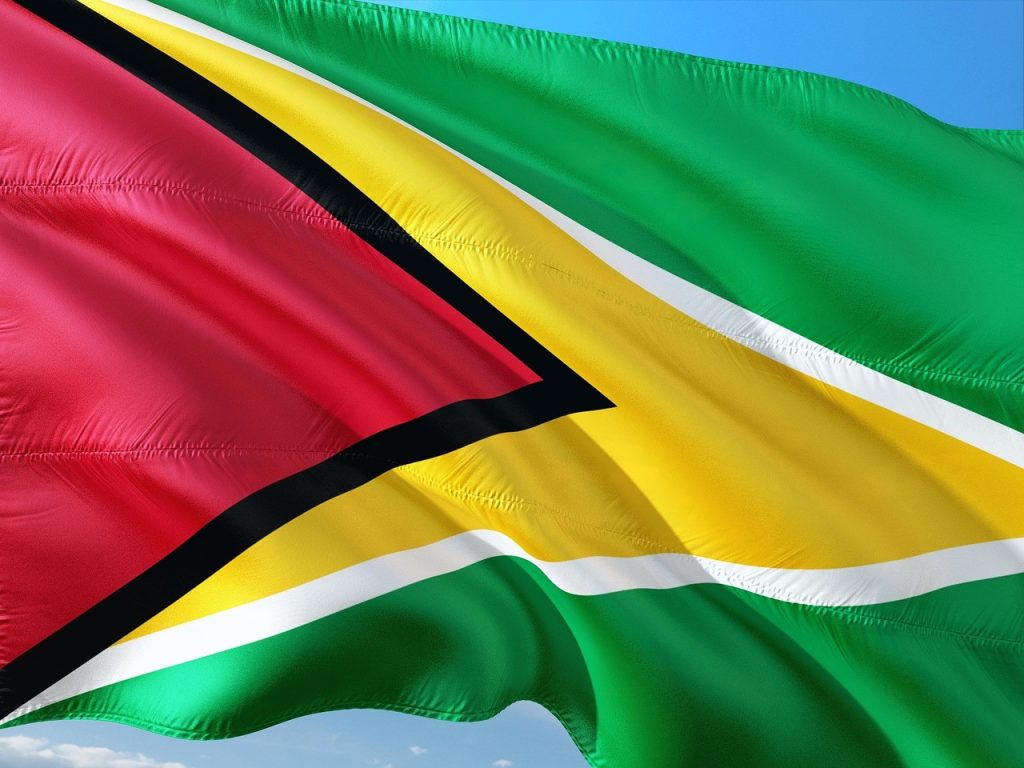
-
Ethnically and Religiously Diverse Traditions and Customs
Guyanese wedding traditions are vast and rich in their diversity. This owes itself to Guyana’s colonial history under the British (the Afro-Guyanese and Indo-Guyanese), its immigrant culture (the Portuguese and Chinese), and its indigenous Amerindian population (Arawak, Wai Wai, Carib, etc.).
To navigate this garden of diversity, simply note that Guyana’s wedding traditions divide themselves into three main tendencies: Hindu, Muslim, and Christian (mostly Catholic and Anglican). Expect any wedding customs and traditions to hark back to these cultural-religious threads.
Nowadays, with a fast-changing world, some Guyanese no longer practice more religiously or culturally inclined weddings or do so to a lesser degree. Some may even take up symbolic weddings. In any case, a truly Guyanese wedding can’t be separated from the country’s rich history and culture.
-
African Customs: The Kweh Kweh
Many Afro-Guyanese have a Kweh Kweh the night before the bride and groom’s wedding day to celebrate their newfound union. Essentially, the Kweh Kweh is a pre-wedding ceremony and party, originally done by members of the African diaspora to pay homage to their ancestral traditions.
A uniquely Guyanese tradition, the Kweh Kweh involves both festive aspects— such as everyone playing games, singing, and dancing to traditional conga music and hip Guyanese songs— as well as sentimental aspects, like familial elders advising the couple. It is also marked by a libation to honor those who have passed away and remember the couple’s African heritage.
-
Hindu Customs: The Maticore, Vivaha, and Kangan
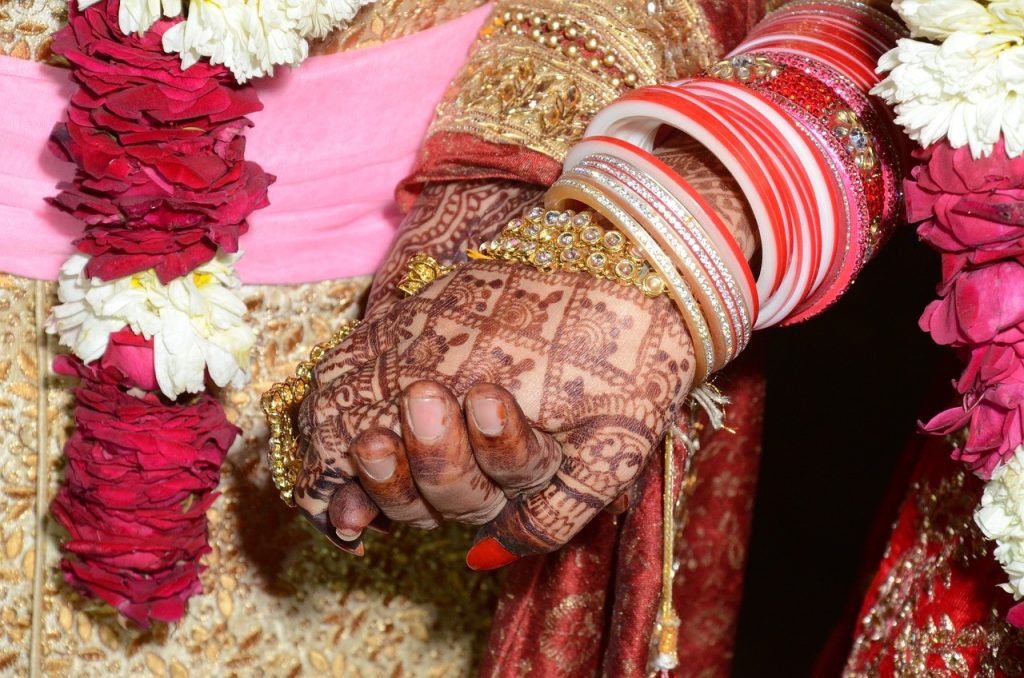
The mostly Hindu Indo-Guyanese tend to follow the traditional Hindu way of marriage and wedding. First, there is the Maticore (pre-wedding cleansing), Vivaha (wedding day proper), and Kangan (post-wedding at the bride’s home). Both couples’ families aid and celebrate the couple throughout the process. There is also a dowry involved.
The first major event is called the Maticore or Maticoor. Traditionally done on a Friday, the Maticore is a three-part pre-wedding ceremony that spiritually cleanses the bride (called the Dulahin) and the groom (called the Dulaha) before their wedding day.
Then, there is the Vivaha. The bride and groom, wearing beautiful clothes and adorned with the wedding henna (decorative skin dyes), say their vows over a sacred fire with the attendance of the family. Finally, the bride and groom, along with their families celebrate and feast together the day after the Vivaha, known as the Kangan.
-
Islamic Customs: The Nikah
Some Guyanese follow the Islamic way of marriage and wedding. Much of it revolves around the essential event called the Nikah, or the signing of the Islamic marriage contract. Typically held in the bride’s residence, the festivities around the Nikah can last for days, and a nikah is thus normally seen as a three-day affair.
The signing of a marriage contract with witnesses in attendance marks the wedding ceremony itself. An imam usually officiates this process, and then gives a sermon with readings from the holy Quran right after the Nikah. There is also a feast to celebrate and mark the end of the wedding.
-
Christian Customs: Reception and Church Weddings
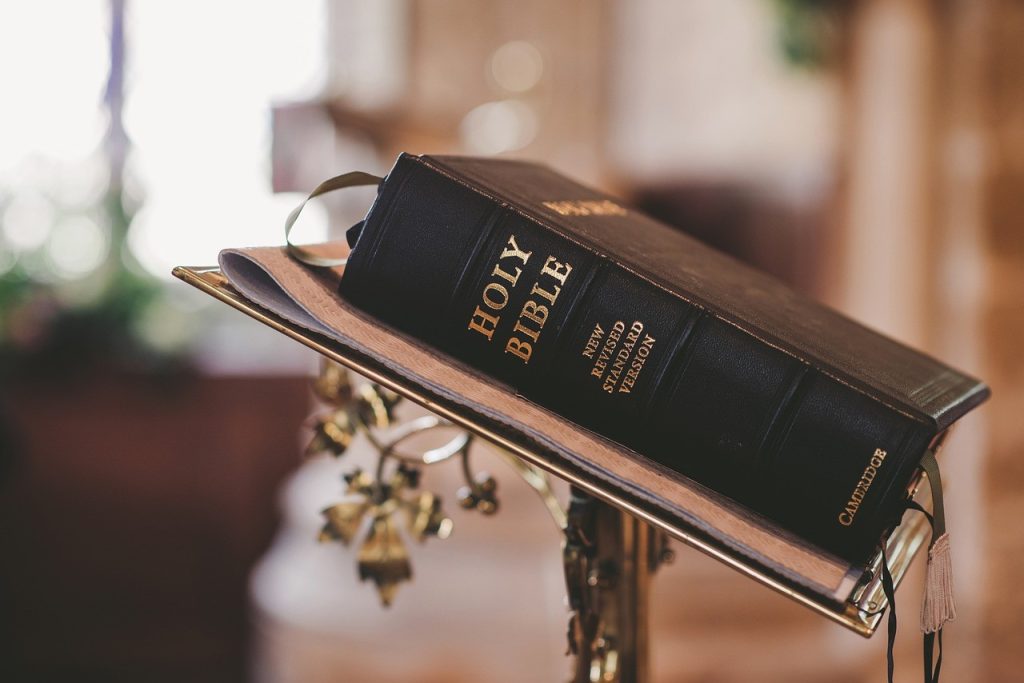
Christianity in Guyana is mainly split between Catholic, Anglican, and smaller Protestant denominations. However, when it comes to weddings, they all share some universal Christian aspects. Some of these customs even influence other cultural weddings in Guyana.
The most significant traits of a Guyanese Christian wedding are the requirement of saying one another’s vows, the presence of a priest, and a church as the venue. To have a reception prayer for the wedding is a Christian-influenced custom that even non-Christian Guyanese weddings may adopt.
-
Gift Giving: Dowry and Mohar
Gift-giving between the bride and groom’s family is certainly not unheard of in Guyana. Among the Hindu Guyanese, this custom can manifest as dowry, and among the Islamic Guyanese, this manifests as the mohar. Other Guyanese may practice something similar for non-religious reasons.
-
Beautiful Ceremonial Fashion
-
Lively Dancing
The Guyanese are anything but timid dancers! Across all cultural wedding traditions, anticipate a lot of dancing to both traditional folk songs and trendy modern music, most especially chutney, soca, and house music.
With that said, everyone is encouraged to move and have a good time. The bride and the groom are typically free to dance with the guests as well, so this can be an opportunity for them to join in and bond with everyone.
-
Meeting the Family
No matter any ethnic or cultural divide, Guyanese always hold their family close to their hearts. The family is almost always involved at every step of a Guyanese wedding, and the bride and groom’s families are expected to meet and mingle with one another and develop bonds.
Hence, the bride is expected to know and get close to the family members of the groom, just as the groom is to the bride’s family. Guyanese also place much weight on the words and opinions of their elders, so they’re often quite involved in the wedding process.
-
Rum Drinking

A true Caribbean country, Guyana complements any special occasion with copious amounts of rum. Indeed, in a Guyanese wedding, people egging each other on for who can drink the most before passing out is not an uncommon sight, as well as people challenging one another to drink the strongest rums.
-
Guyanese Music: Chutney, Soca, and Guyanese House
At a Guyanese wedding, both traditional folk songs and trendy modern songs are played to match the tone of the occasion. During serious or ceremonial parts of the wedding, traditional folk and religious songs may be played.
On the other hand, during celebrations and feasts following the wedding, one will surely hear the lively and energetic songs of Guyanese chutney, soca, and house music.
-
Flavorful Guyanese Cuisine: Pepperpot, Curries, Fried Rice, and More!
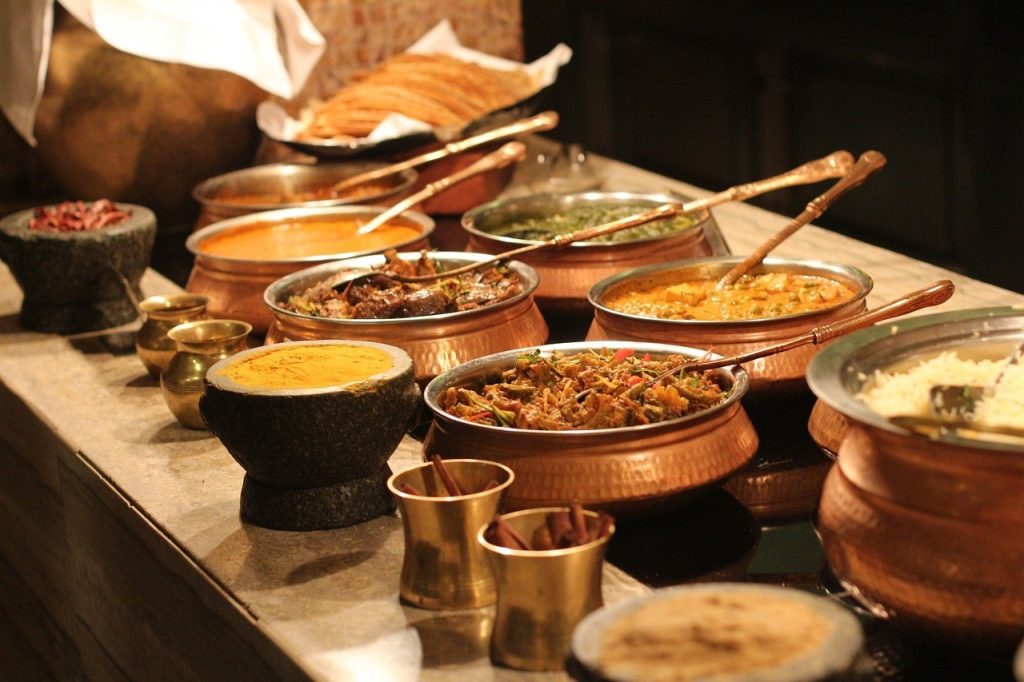 All Guyanese wedding traditions throw a proper feast. With Indian, Caribbean, Chinese, and European cuisine, Guyanese weddings are a wellspring of exotic food full of meats, fruits, staples, sauces, and spices.
All Guyanese wedding traditions throw a proper feast. With Indian, Caribbean, Chinese, and European cuisine, Guyanese weddings are a wellspring of exotic food full of meats, fruits, staples, sauces, and spices.
Prepare to have an appetite for baagie, roti, pepperpot, curries (seven curries, green curry, fish curry, maybe even iguana curry!), Guyanese chow mein, dhal puri, fried rice, and much more!
Final Thoughts
In conclusion, expect to dance, sing, meet the family, and eat and drink to your heart’s content. Guyana’s wedding traditions exhibit the colorful tapestry of its diverse cultural composition and ensure that everyone is included, welcomed, and lively.
Most importantly, no matter the ethnic or religious influences, a Guyanese wedding is seldom a forgettable one for all those involved. Guyanese wedding traditions always strive to unite families and friends, who do their very best to celebrate and treasure the new union of the bride and groom.
